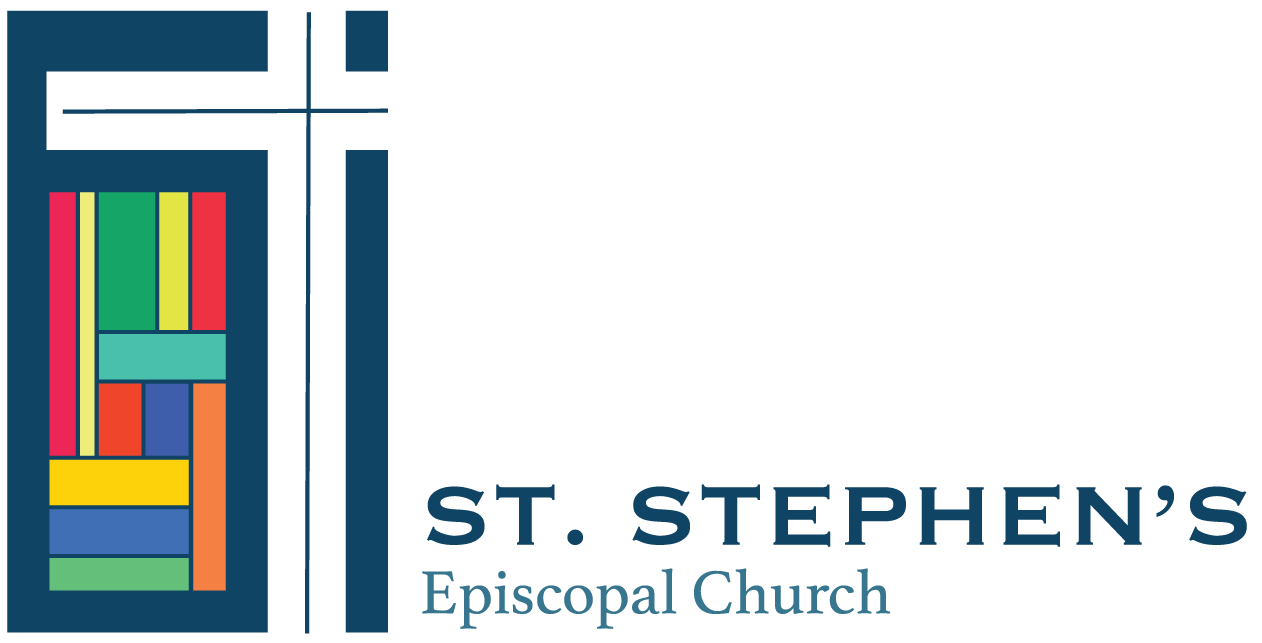The Power of Belief
By Evelyn McCauley
Readings for February 28, 2024: Reflecting on the Second Sunday in Lent
For thus says the LORD: Your hurt is incurable, your wound is grievous. …
… I will make them honored, and they shall not be disdained.
Jeremiah 30
Is it that we think are not WORTHY of the blessings of God?
Is it that we think we cannot be SAVED through believing in the power of God?
God doesn’t seem to think so. In Jeremiah, Psalm 105, and the gospel of John, it seems it is UNBELIEF that is held to account, not WORTHINESS.
To make a further, subtle distinction – UNBELIEF is a lack of belief, as opposed to
DISBELIEF, which is the conviction that something is not true.
Belief has power. It is the ability to understand something to be true even without the intellectual knowledge to prove it. It is a judgement and a feeling. Its degrees encompass opinion and conviction, trust and acceptance. The challenge for all of us is that it is not an easy thing. It requires relinquishing control. It is also a quiet force, one that is ever present but mostly in the background, shoring us up, providing foundation, but perhaps not a thing we give attention to every day. We may only think to put our attention on it when things go wrong. We certainly call on it in times of trouble, seeking it out when life gets difficult, but we often forget about it when the sailing is smooth.
A second thing about belief is that is must be accompanied by certainty, even in the lack of evidence. Trust is another word for this, and most people, having been burned once or twice, hesitate to trust in anything without some sort of proof. How many times have we been fooled, scammed, disappointed, or shocked by unexpected behavior or outcomes? And then of course there is the question of trusting in another human being. Once we’ve had an experience that went badly, regaining our confidence in attempting trust again can be difficult – sometimes impossible.
So how might we come to terms with belief or faith, in the face of all this? One way is to build a case that supports our belief from our own lives. We can rely on our good experiences with other people—the times when someone was there for us, was generous with their time and resources, or otherwise made a difference. We can observe great and small acts of kindness and support, especially those that occur with no expectation of reward. We can appreciate the joy brought about by acts we take ourselves, and we can witness the difference in our own perspective as we continue this practice. We may eventually find we can trust that goodness and kindness really do exist, and that there are other people who believe as we do.
As we navigate this Lenten season, let’s give ourselves some time to sit with the idea of belief. Examine what is truly in our hearts, remember times when we could trust and accept, and perhaps, find ways to shift our attention to our beliefs a little more often.

